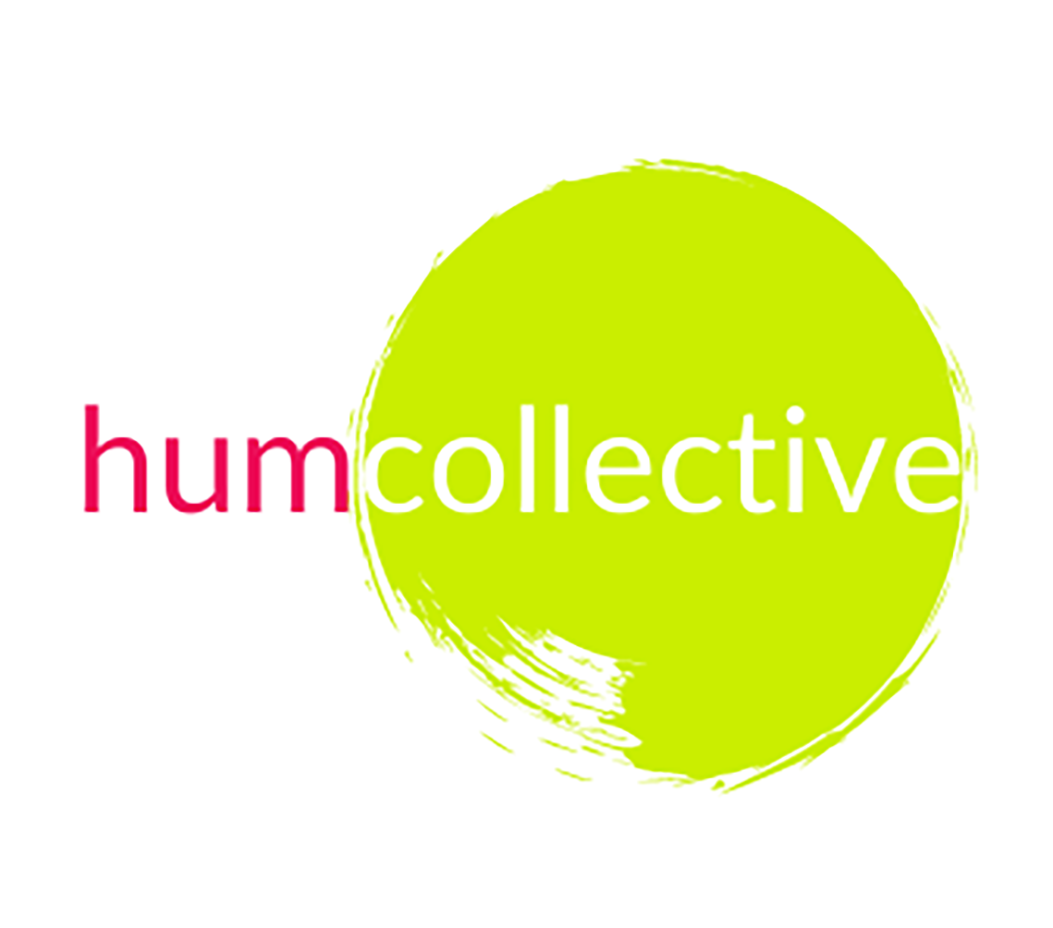Sensitivity as a Foundation of the Business
Startup companies inevitably face several challenges on their path to success, such as competition, hiring, scaling, risk management, customer retention, and adaptation to change; and these obstacles require creativity, resilience, innovation, and strategic decision making.
2013 startup, Airtable, is a code platform to build next-gen apps and sharing relational databases, that provides services to large corporations like Amazon and Netflix, and they are no stranger to the intimidating and challenging world of startup emergence.
Airtable founder and CEO, Howie Liu, expressed recently in a Forbes article his decision to cut 27% of the firm in layoffs in order to focus on efficient growth for the company. When describing the beginnings of the company, Liu told Forbes, “I let myself get caught in the hyper-competitive environment at that time. We had the capital and said, ‘let’s hyper-scale; let’s recruit as many smart people as we can and just throw them into the business and see what they can do,” Liu admitted later in the article the “sickening feeling” he experienced when making this decision, but knew ultimately it was for the success of the company and those involved.
It’s easy to get caught up in the competitive world around us, especially for startups whose main goals are any and all kinds of growth. We’re constantly informed about the success of other businesses, the race to the next milestone, where we should be vs. where we are.
With the investment of energy it takes to start and run a business, I can understand the pull to upscale. The momentum is gratifying, and in our culture, it seems that bigger is always better. However, we’re downplaying one of our greatest potential strengths in this quick shift: sensitivity. Sure, it’s important to utilize positive momentum when necessary, but rather than pushing forward without confidence, sensitivity asks us to consider all variables involved and impacted when making decisions, and make more strategic moves in response to market signals.
When we recognize the importance of sensitivity as a leadership skill we impact the sustainable growth of the company, the motivation and efficacy of the employees, and the company culture in which individuals can thrive. Tough decisions are going to be made regardless. Having the essential skills to approach those decisions is what will make the difference between the kind of growth your company will experience.
It’s hard to predict exactly what the alternate path for CEO Liu would have looked like with a more equipped toolkit and methodology rooted in sensitivity, but the basis holds that sensitivity serves as a framework in which to approach decision-making, hiring, and innovation within a business, and it has the ability to produce sustainable growth through promotion of scanning, sense-making, and collaboration, as well as empowerment and accountability among employees.
So, what could set a start up business leader apart from the rest? Being well-equipped in sensitivity as a foundation of the business.
